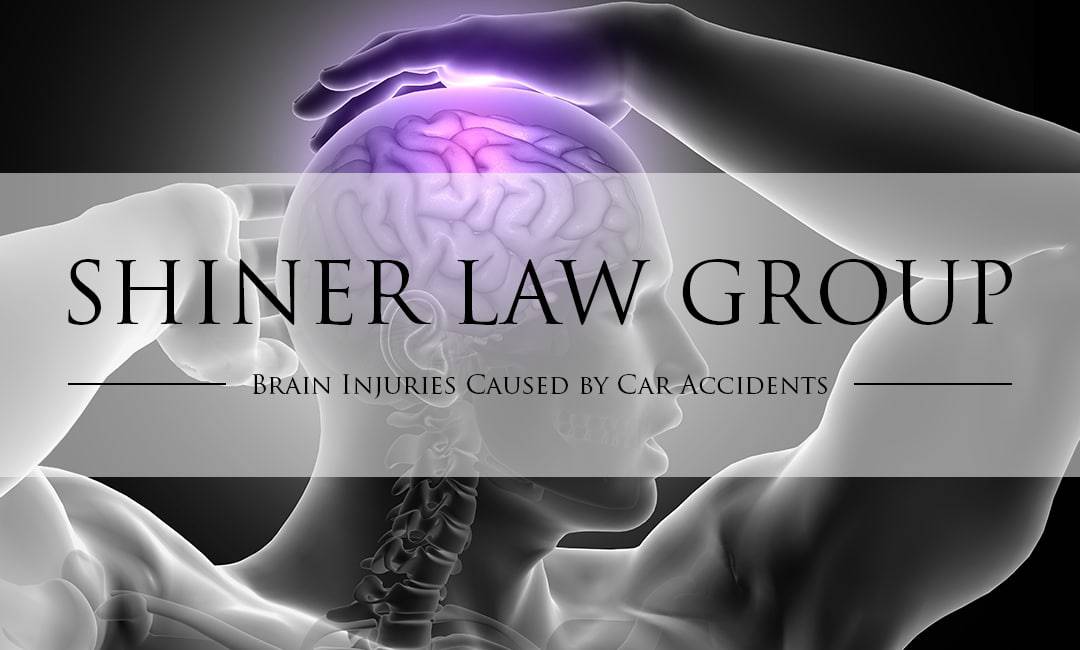Diagnosing Traumatic Brain Injuries beyond Restlessness, Irritability
Prosecutors rejected the idea of leniency for the driver of a red Mercedes, whose passengers – all children – were not wearing seat belts.
One of the four children in the defendant’s speeding car suffered a traumatic brain injury and memory loss, as well as a permanent scar on his forehead and loss of peripheral vision that will serve as a lifetime reminder of the violent crash that also took the life of the driver of the minivan who innocently entered the intersection.
Although your head jolted forward to hit the airbag before impacting again, this time against the headrest, you were much luckier.
The automobile accident you were involved in the other day left you instead with a concussion, a little bit of mental fog and some bumps and bruises.
Still, you hurt. And, because you continue to endure headaches and have trouble sleeping at night, doctors are continuing to conduct tests to assess if you suffered more critical traumatic injuries to your brain.
In the meantime, you are beginning to learn that injuries to the brain can be difficult to detect and, sometimes, even take years to diagnose.
Some three million Americans like you will suffer head injuries this year. A good percentage of those injuries are inflicted during automobile accidents.
Most times, a blow to the head that forces movement forward and back or from side-to-side will result in a brain injury.

Direct force to the head can lead to a concussion, which is considered the mildest form of brain injury. Commons symptoms of a concussion include:
- Headaches
- Dizziness
- Memory loss
- Mental fatigue
- Decreased endurance
- Nausea and vomiting
- Slurred speech
- Blurred vision
- Inability to focus
Symptoms of a concussion can last from a few hours up to a couple of days.
Moderate head injuries may involve the entire brain or a specific lobe that, when impacts, creates swelling and bleeding and, as a result, sleepiness.
More serious head injuries occur when brain cells collide at higher rates of speed with skull tissue.
When this happens, the skull can fracture, and cause severe bleeding, bruising and significant tearing of brain tissue.
When the blood begins to spread over the surface of the brain, the effects are more damaging. The more traumatic brain injuries can be fatal.
Automobile accidents are not immune to severe head injuries.
At least 20 percent of all brain damage is induced from automobile accidents. So far, research to put a finger on just how much force is needed to cause brain damage has been inconclusive. However, common symptoms of brain damage are known to include:
- Several minutes to hours of unconsciousness
- Ongoing headaches that get worse
- Repeated vomiting and nausea
- Convulsions or seizures
- Fluids draining from nose or ears
- Dilated eyes
- Inability to sleep
Each victim of a traumatic brain injury as well as their recovery is unique. And while damaged brain cells are irreversible; the brain has a tremendous ability to heal.
Recovery will depend of what sections of the brain are damaged. A little bit of rest and medication should correct most minor head injuries.
Severe and traumatic brain injuries, unfortunately, will require more intensive and, often times, life-saving surgery.
Although your injuries were more moderate than severe, the good news is rehabilitation will help you to recover and regain any skills you may have feared you might lose.
But, you will need time and a strong attorney who will ensure that you get not only the medical treatment you require, but the financial compensation from your automobile accident to get you on your feet again long after the physical suffering has subsided.
After all, you were not at fault. And, anyway, the Personal Injury and Protection (PIP) auto insurance you were required to purchase is supposed to provide an injured driver like you up to $10,000 in immediate medical coverage without having to establish fault.
But, by now, you know better. The insurance companies have not only been slow to provide you with the financial support your medical treatment is now demanding, but the lost wages that you have incurred for the time away from your job. If you thought you had all the headaches you need; the time has come to put your mind at ease.
For your free consultation, call 561-777-7700, 24/7
The respected attorneys at Shiner Law Group have a track record of handling the personal injury and protection litigation that can, sometimes, stem from brain and head injuries in automobile accidents. Attorneys at Shiner Law Group are accessible. Our attorneys are available to listen to your claims, determine a strategy that fits your unique circumstances and get you not only the medical coverage and financial compensation you were promised, but what you legally deserve.